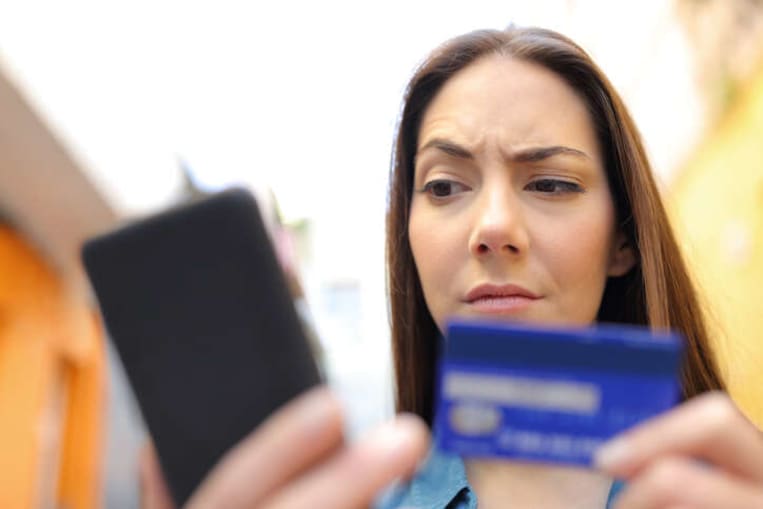
BBB Tip: How to know if someone stole your identity

(Getty Images)
Identity theft is stressful, and it can do tremendous damage to your finances. It’s important to recognize the signs early. The earlier you notice something is amiss, the faster you can take action to minimize the damage. BBB recommends the following tips to help you recognize the signs of identity theft as soon as possible.
Common Signs of Identity Theft
- You receive statements or bills in the mail for accounts you never opened. If you get a bill for an account you didn’t authorize, someone may have gotten a hold of your personal information and opened an account in your name. Contact the company immediately to find out if there’s been a mistake and check your credit report for unusual activity.
- You are surprised by being denied a loan or credit. You may think you have great credit, but if you apply for a credit card or loan and are shocked to find that you’ve been rejected, you may be the victim of identity theft. Thieves can open accounts in your name, run up the bill, and then default on payments, ruining your credit before you know what they’ve been up to. Check your credit report a few times a year to make sure no one has opened any credit accounts in your name.
- Your regular bills stop showing up in the mail. If you haven’t signed up to go paperless and your bills stop showing up in the mail, it could be a sign that someone has changed your billing address. Contact your creditors and inquire if they sent the bill and if the address they have on file is correct.
- You notice suspicious activity in your bank account. Unfamiliar charges, new accounts, and withdrawals you didn’t make are all signs of identity theft. Review your bank account regularly to make sure no one has access to your funds.
- You notice suspicious charges on your credit card. Scammers may make a small charge on your account first to test out their information, hoping you won’t notice. If you notice any strange charges on your credit card bill, report them immediately. Even a small inconsistency can be a sign of fraud.
- You get authentication messages for accounts you didn’t set up. Scammers could be trying to set up a new account in your name. If you receive unexpected authentication messages, don’t reply. Review your bank accounts, credit card statements, and credit report to make sure no one has succeeded in making transactions in your name.
- The IRS rejects your tax return. If your tax return gets rejected, someone may have filed in your name and made off with your tax refund. Contact the IRS if you suspect your tax identity has been compromised.
- The IRS informs you a tax return has been filed on your behalf. Sometimes the IRS catches a fraudulent tax return before the fake filer succeeds in getting your return. When this happens, you may receive a letter from the IRS with instructions on how you can verify your identity and prevent identity thieves from using your social security number for tax fraud in the future.
- Your credit score inexplicably improves or deteriorates. If your credit score is suddenly very low, a fraudster may have maxed out your credit without paying the bill. On the other hand, if your credit is improving when you haven’t done anything to earn it, an identity thief may be building up your credit so they can run through it later.
- You are suddenly denied medical coverage. Scammers can steal your identity to use your health benefits too. If you get medical bills in the mail, but you haven’t been to the doctor, someone may be using up your benefits in your name. The same is true if you are unexpectedly denied coverage. Contact your insurance company to find out if you’ve been the victim of medical identity theft.
- Debt collectors call about debts you are unaware of. If you receive calls from debt collectors about money owed in you name for charges you never made, someone may be using your personal information. In some cases, con artists may even use your child’s name or social security number to rack up debts. Get as much information as you can from the debt collector so you can investigate the supposed charges and take action to correct the matter.
For More Information
If you suspect you are the victim of identity theft, visit identitytheft.gov to report the matter and get a personalized recovery plan.
Find out more about protecting your child’s identity by reading the BBB Tip: Preventing Child Identity Theft.
Report scams to BBB.org/ScamTracker.
Still Need Assistance?
Contact Your Local BBB
Your local Better Business Bureau can assist you with finding businesses you can trust. Start With Trust®.
Additional Resources
Central Ohio BBB Business Podcast